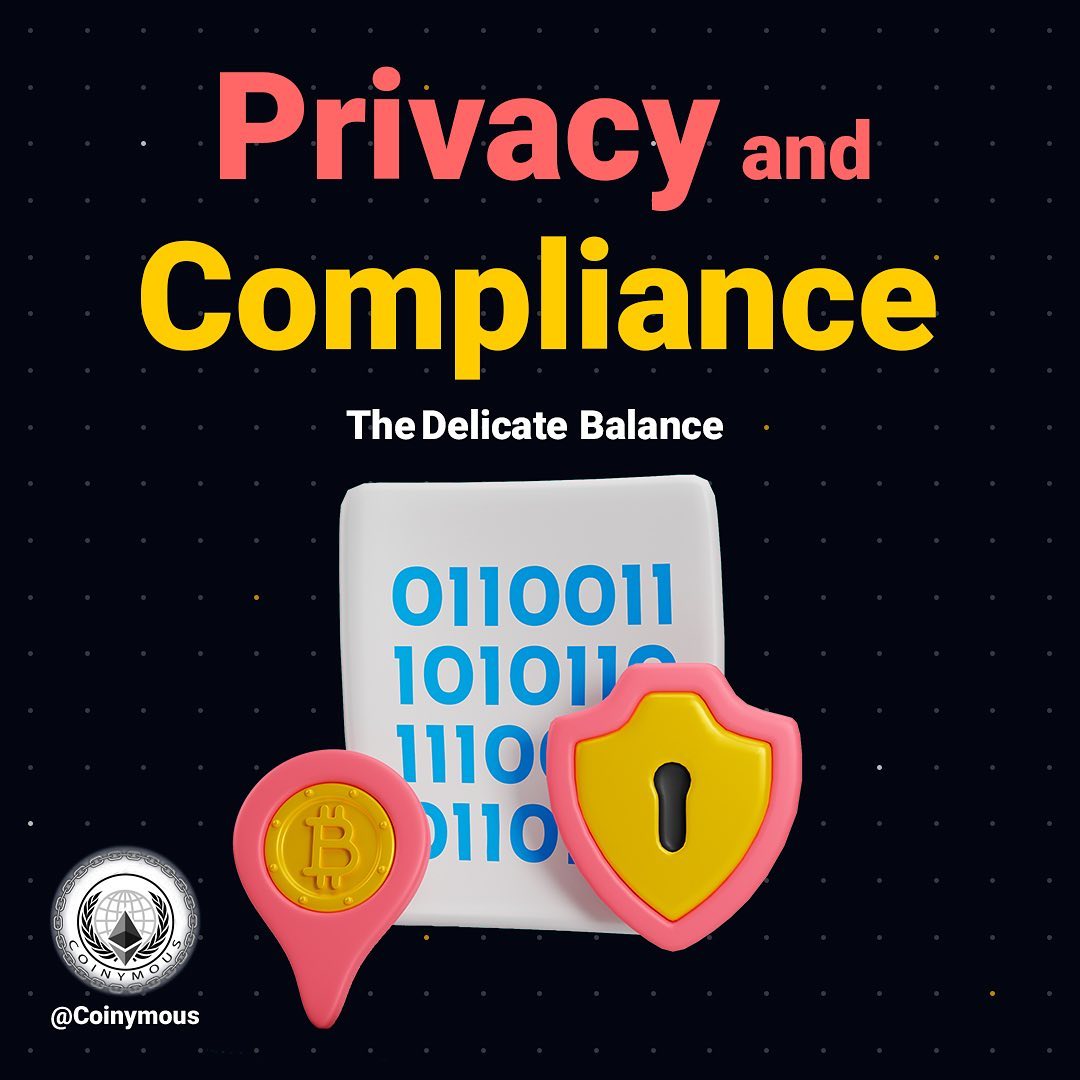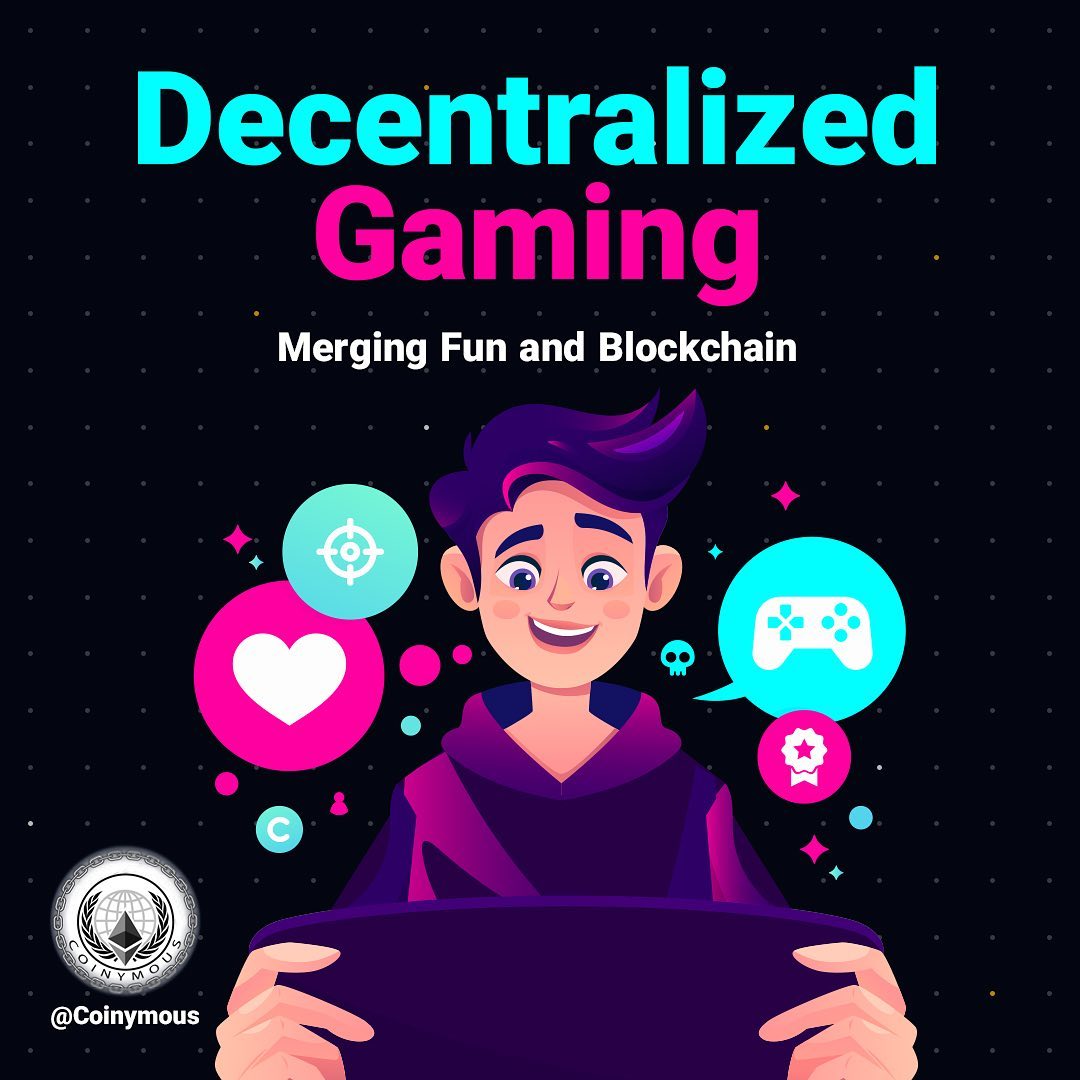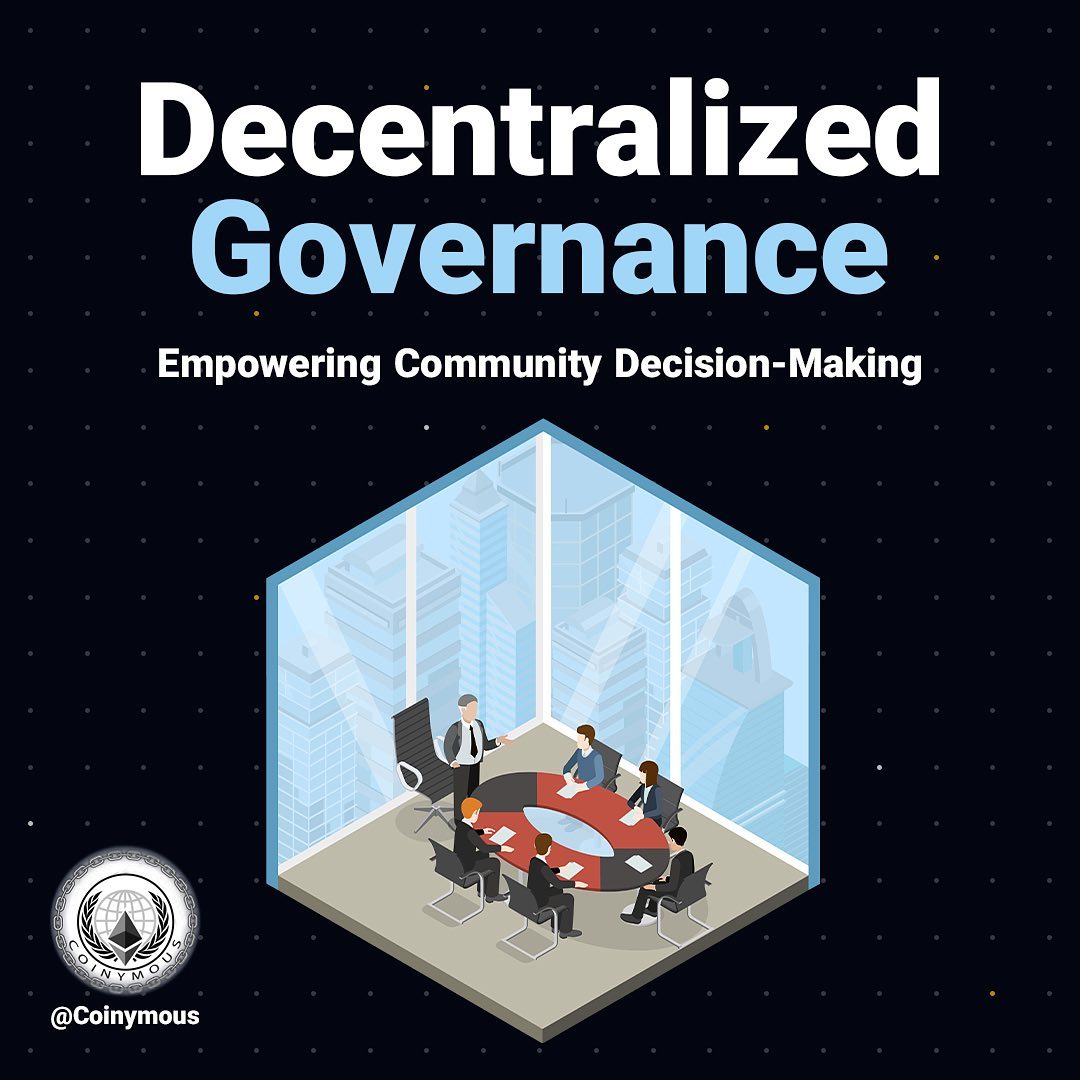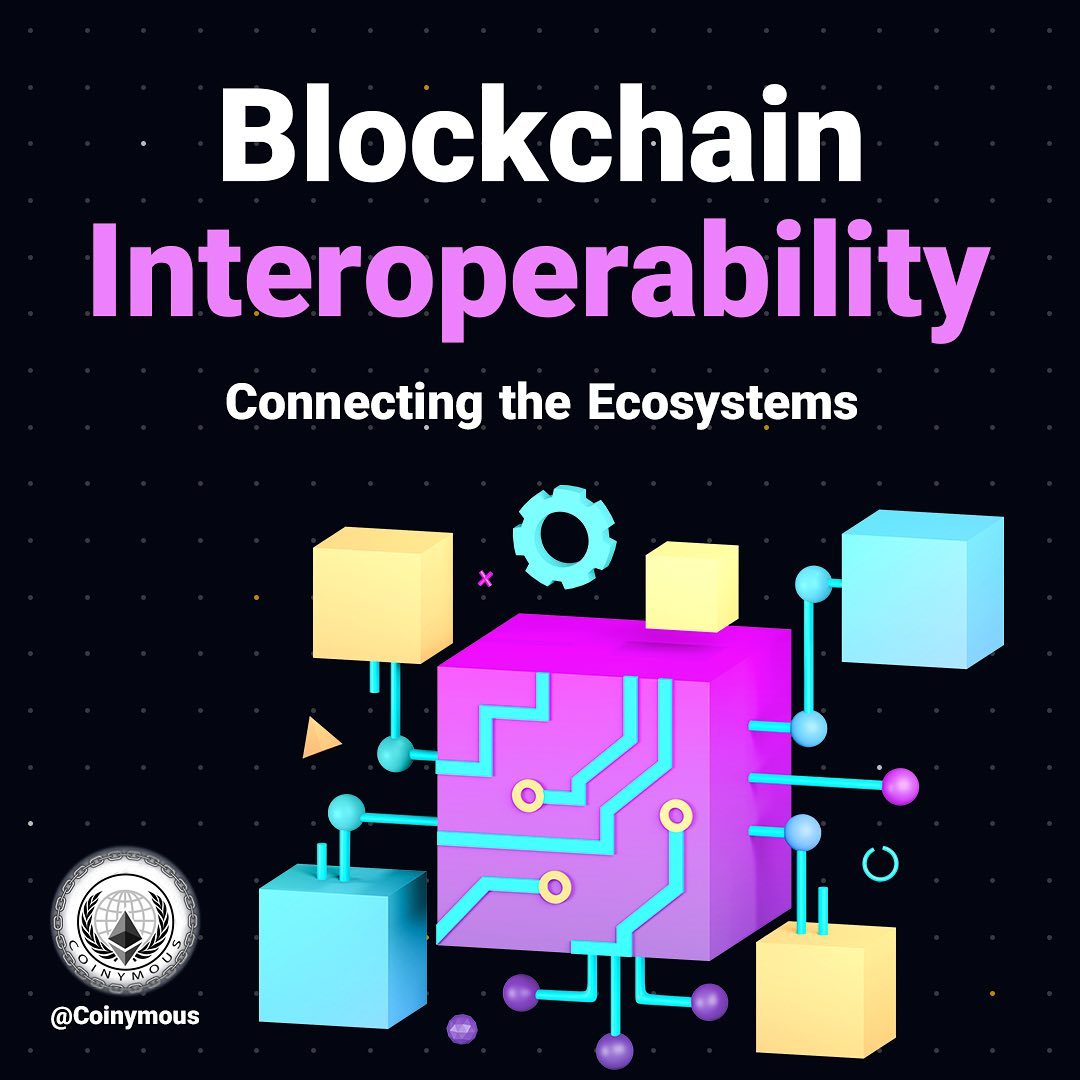
Privacy and Compliance: The Delicate Balance ⚖️
Privacy and compliance involves maintaining a delicate balance between protecting individuals' personal information and adhering to legal and regulatory requirements. It requires organizations to implement effective measures to safeguard privacy while ensuring they comply with established standards and guidelines.
.jpeg)
The Decentralized Internet of Things (IoT) 🌐🌌
The Decentralized Internet of Things (IoT) is a network where connected devices communicate, share data, and make decisions without relying on a central authority. It offers increased security, privacy, and efficiency by eliminating the need for a central server or cloud-based infrastructure.

Decentralized Gaming: Merging Fun and Blockchain 🎮
Decentralized gaming combines the enjoyment of playing games with the security and transparency of blockchain technology, allowing players to have ownership and control over their in-game assets. It eliminates the need for intermediaries and offers a more fair and immersive gaming experience.

Decentralized Governance: Empowering Community Decision-Making 🗳️
Decentralized governance is a system where decision-making power is spread across a community rather than centralized in a single authority. It empowers community members to actively participate in and influence the decision-making process, promoting inclusivity and collective ownership.

Blockchain Interoperability: Connecting the Ecosystems 🌐
Blockchain interoperability refers to the ability of different blockchain networks or ecosystems to seamlessly communicate and share information with each other. It enables efficient and secure transfer of data, assets, and contracts between different platforms, promoting collaboration and expanding the potential of blockchain technology.
.jpeg)
Privacy in Decentralized Finance (DeFi) 🕶️
Privacy in Decentralized Finance (DeFi) refers to the ability of users to carry out financial transactions and access financial services anonymously and securely on decentralized platforms. It ensures that personal information and transactional details are protected, preventing unauthorized access and maintaining user confidentiality.
Let's Turn Your Vision into Reality
Reach out to us for a free discovery call, where we collaboratively bring your ideas to life. We're excited to hear from you. kindly complete the form below.